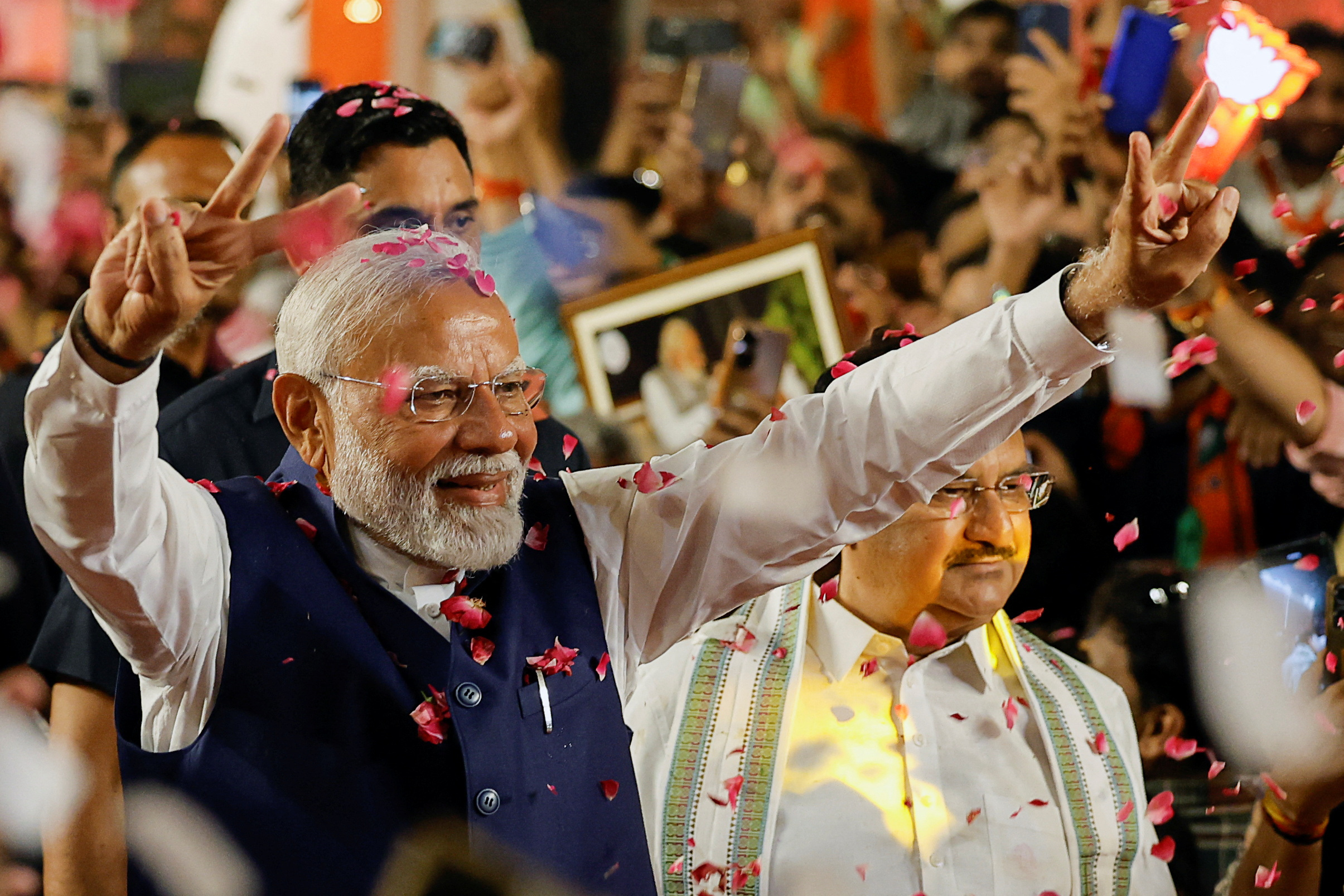Oman is an absolute monarchy located in the Middle East, specifically on the southeastern coast of the Arabian Peninsula. Here is some information about the political system in Oman:
- Sultan: Oman is ruled by a Sultan who holds supreme executive, legislative, and judicial powers. The Sultan is the head of state and government and has the final authority in decision-making. As of my knowledge cutoff in September 2021, Sultan Haitham bin Tariq Al Said is the current Sultan of Oman, succeeding Sultan Qaboos bin Said Al Said who ruled for nearly five decades.
- Council of Oman: The Council of Oman is the legislative body of the country and consists of two chambers:
- State Council: The State Council is an advisory body with 86 members appointed by the Sultan. It reviews legislation, provides recommendations, and ensures the interests of various regions and segments of society are represented.
- Consultative Assembly (Majlis Al-Shura): The Consultative Assembly is an elected chamber with 86 members. Citizens who are at least 21 years old have the right to vote and stand for elections to the Consultative Assembly. The Assembly discusses proposed laws, examines the government’s performance, and contributes to the country’s development.
- Political Parties: Oman does not have political parties in the traditional sense. Instead, political participation primarily takes place through interest groups, tribal affiliations, and informal networks. The focus is more on consensus-building and consultation with various segments of society.
- Basic Law: The Basic Law of Oman serves as the country’s constitution, outlining the system of government, fundamental rights, and the Sultan’s role. It provides a framework for governance and sets the principles for decision-making and administration.
- Voter Eligibility: Omani citizens who are at least 21 years old have the right to vote in the Consultative Assembly elections. The right to vote is generally restricted to male citizens, although there have been discussions about expanding suffrage to include women.



